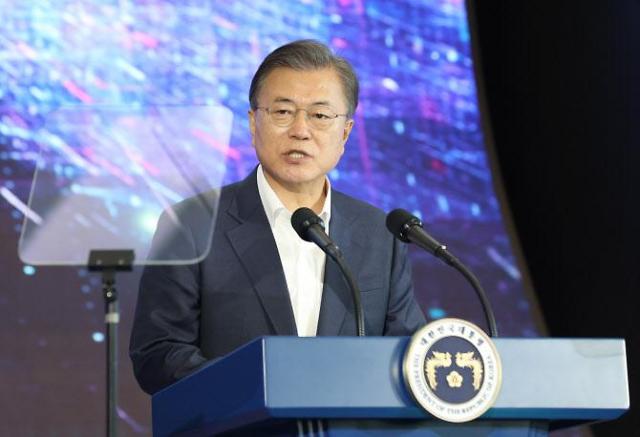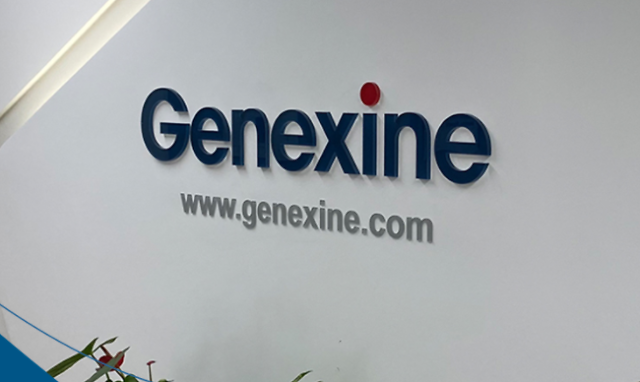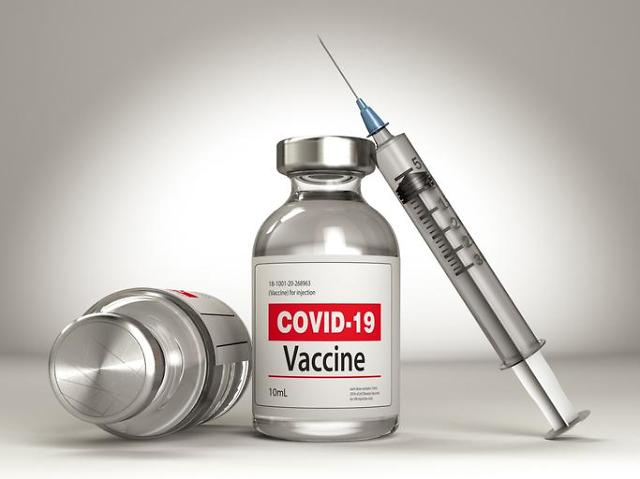
[Yonhap News Photo]
SEOUL -- President Moon Jae-in designated vaccines as a strategic industry along with semiconductors and batteries, saying South Korea would become one of the world's top five vaccine hubs with an injection of some 2.2 trillion won ($1.92 billion) by 2025.
Moon emphasized the importance of securing vaccine sovereignty through the quick development of homemade vaccines and said that domestic vaccine companies will be able to conduct phase 3 clinical trials in August and commercialize the first vaccine by the first half of 2022.
"By 2025, we will become one of the top five global vaccine production powerhouses," Moon said in a vaccine-related meeting on August 5 at his office, urging domestic companies to speed up the development of a next-generation messenger RNA (mRNA) vaccine platform that can be applied to coronavirus variants. "Even if it is late, I hope you will take this opportunity to develop the mRNA vaccine and make sure to finish it."
South Korea launched a special government-sponsored consortium in June to develop a next-generation mRNA vaccine platform. The consortium would establish a vaccine production and export base and use its mRNA platform to develop anti-cancer vaccines and next-generation innovative drugs.
The novel coronavirus is studded with proteins that it uses to enter human cells. Spike proteins make a tempting target for potential vaccines and treatments. DNA vaccines transfect a specific antigen-coding DNA sequence onto the cells of an immunized species, while mRNA vaccines teach cells how to make a protein that triggers an immune response for the production of antibodies.
DNA vaccines are safer than mRNA vaccines but there is a disadvantage that raw material inputs are higher. The advantages of RNA vaccines include production speed and lower cost, but they may elicit an unintended immune reaction, and mRNA vaccines can be easily broken by small shocks, making them difficult to transport and store.
Copyright ⓒ Aju Press All rights reserved.



![[INTERVIEW] Pharmaceutical industry wants full government support to enhance international competitiveness](https://image.ajunews.com/content/image/2021/07/28/20210728103351684064.jpg)
View more comments